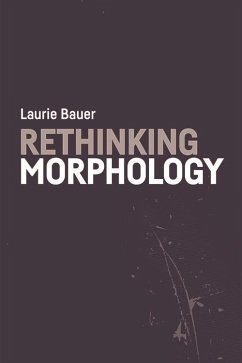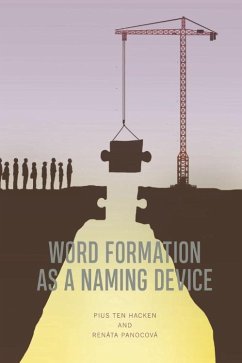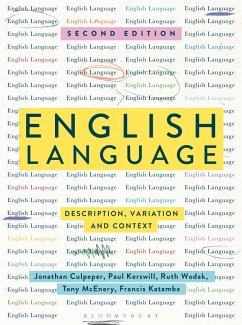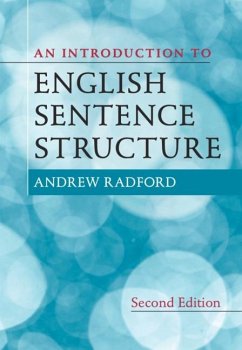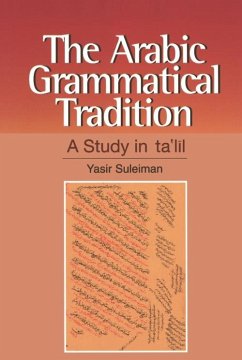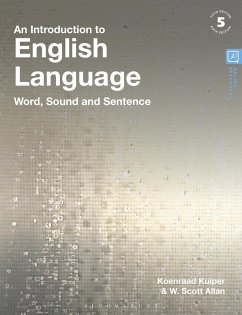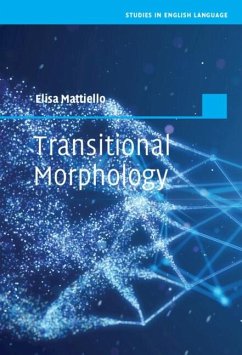
Construction Grammar and its Application to English (eBook, PDF)
Versandkostenfrei!
Sofort per Download lieferbar
19,95 €
inkl. MwSt.
Weitere Ausgaben:

PAYBACK Punkte
10 °P sammeln!
What do speakers of English know in order to produce utterances that other speakers will understand? Construction Grammar explains how knowledge of language is organized in speakers'' minds. The central and radical claim of Construction Grammar is that linguistic knowledge can be fully described as knowledge of constructions, which are defined as symbolic units that connect a linguistic form with meaning. The implications of this claim are far-reaching: in Construction Grammar, not only lexical items, but also syntactic patterns are seen as symbolic, meaningful units. Instead of being meaningl...
What do speakers of English know in order to produce utterances that other speakers will understand? Construction Grammar explains how knowledge of language is organized in speakers'' minds. The central and radical claim of Construction Grammar is that linguistic knowledge can be fully described as knowledge of constructions, which are defined as symbolic units that connect a linguistic form with meaning. The implications of this claim are far-reaching: in Construction Grammar, not only lexical items, but also syntactic patterns are seen as symbolic, meaningful units. Instead of being meaningless structural templates, syntactic patterns actively contribute to the overall meaning of an utterance. Knowledge of language is thought of as a vast repository of interrelated symbolic units, and nothing else in addition. This book expands on this idea and familiarizes readers with the central concepts of Construction Grammar, as applied to English constructions. In the process, it explains how the theory of Construction Grammar relates to issues of language processing, language acquisition, and language variation and change.
Dieser Download kann aus rechtlichen Gründen nur mit Rechnungsadresse in A, B, BG, CY, CZ, D, DK, EW, E, FIN, F, GR, HR, H, IRL, I, LT, L, LR, M, NL, PL, P, R, S, SLO, SK ausgeliefert werden.





